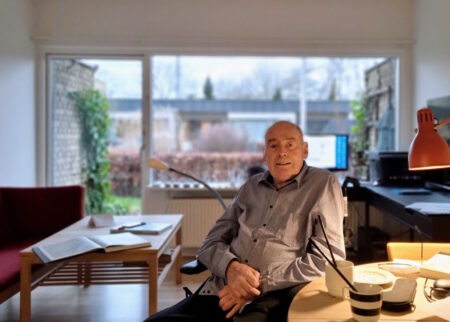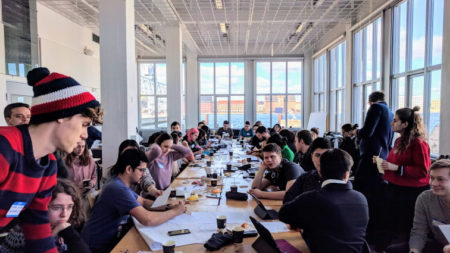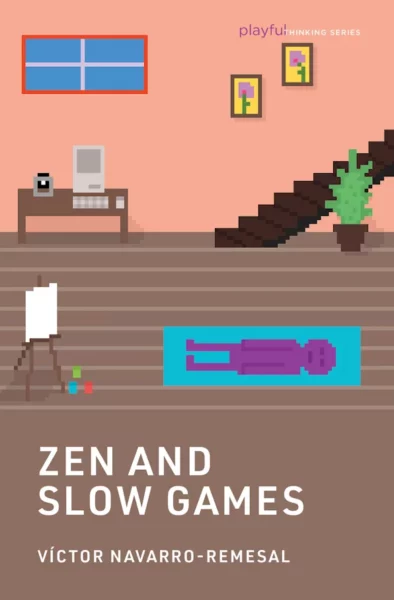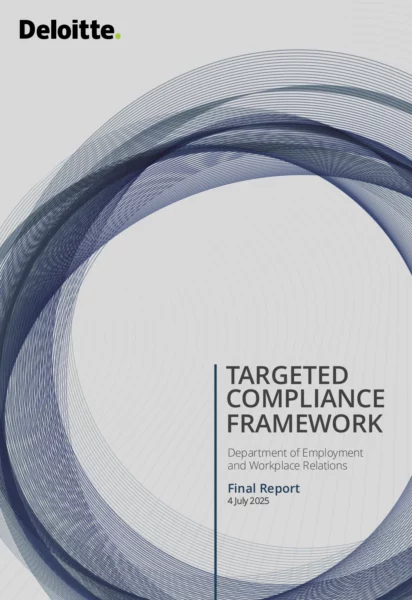Svend Juul, 1940-2025
My father died this summer. He lived a long life, leaving four children and five grandchildren whom he loved dearly. He was active to the very end, updating his epidemiology textbook this spring.
My father caught a long period of history, born a month after the beginning of World War II in Denmark, seeing the German troops leave when he was five, studying medicine, becoming the first employee at the new institute of Social Medicine at the University of Aarhus in 1970, and being part of the development of the field of public health, and indeed of the Danish health care system. His most popular book is the introduction to epidemiology, now in its fourth edition.
I once asked my father why he had chosen the field of medicine? “To save the people.” He became a researcher, with a skill in study setups and statistical analysis, at first programmed on punch cards and mainframes, but always interested in how to solve problems, gather data, and gain new knowledge.
 I think I picked up two main things from him. First, that changing the world, such as by saving and helping people become healthier, requires genuine humility and curiosity: Even if you have a strong idea of how the world works – a hypothesis – you must set up a test that can prove you wrong, and you must accept the results. Though I work in a different and less immediately important field, I think about how to genuinely ask questions and how to truly take in what the world is telling me in return.
I think I picked up two main things from him. First, that changing the world, such as by saving and helping people become healthier, requires genuine humility and curiosity: Even if you have a strong idea of how the world works – a hypothesis – you must set up a test that can prove you wrong, and you must accept the results. Though I work in a different and less immediately important field, I think about how to genuinely ask questions and how to truly take in what the world is telling me in return.
Second, my father was funny, allergic to pompousness and sensitive to the ironies of life, openly annoyed by bad manuals, and he would sometimes write the new improved manual himself. I learned that it is OK to be serious and lighthearted at the same time, and that you can use your annoyance to make things better.
He was also a modest man who would contribute his statistical expertise to the work of others and worry less about citations and web presence. I have set up a page with his publications at jesperjuul.net/svendjuul

It is disorienting not being able to call my father, not being able to discuss a recent event, not being able to run a back-of-the-envelope calculation of energy efficiency, planning, or especially health by him. Part of me can simulate some of what he would say, but it really is not the same.
At the end, my father suffered from an interminable list of ailments, but he was proud when doctors confessed to having read his epidemiology textbook in class, and proud that he had taught doctors and nurses, gathered and analyzed the data, and helped build the Danish public health system that was now treating him.
Thank you
 The March 1st deadline is coming up for our Visual Game & Media Design two-year master’s program at the Royal Danish Academy in Copenhagen.
The March 1st deadline is coming up for our Visual Game & Media Design two-year master’s program at the Royal Danish Academy in Copenhagen.
 We are proud to welcome Víctor Navarro-Remesal’s new book
We are proud to welcome Víctor Navarro-Remesal’s new book  We will be hosting the ACM conference Foundations of Digital Games 2026 conference here at the
We will be hosting the ACM conference Foundations of Digital Games 2026 conference here at the 

 I think I picked up two main things from him. First, that changing the world, such as by saving and helping people become healthier, requires genuine humility and curiosity: Even if you have a strong idea of how the world works – a hypothesis – you must set up a test that can prove you wrong, and you must accept the results. Though I work in a different and less immediately important field, I think about how to genuinely ask questions and how to truly take in what the world is telling me in return.
I think I picked up two main things from him. First, that changing the world, such as by saving and helping people become healthier, requires genuine humility and curiosity: Even if you have a strong idea of how the world works – a hypothesis – you must set up a test that can prove you wrong, and you must accept the results. Though I work in a different and less immediately important field, I think about how to genuinely ask questions and how to truly take in what the world is telling me in return.
 Robert Glasshüttner kindly interviewed my about game studies and my books for Austrian FM4 radio’s Game Podcast.
Robert Glasshüttner kindly interviewed my about game studies and my books for Austrian FM4 radio’s Game Podcast.